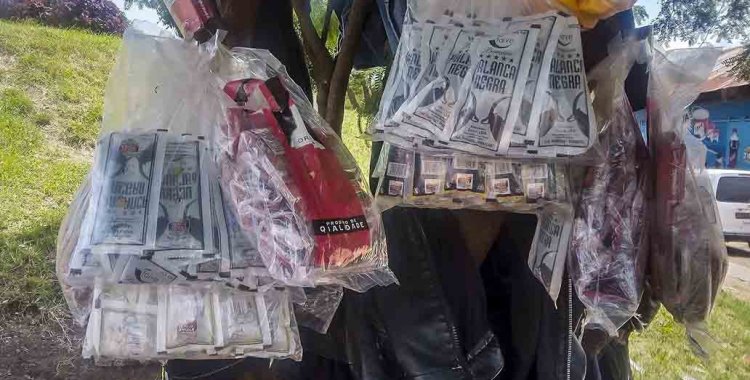In a statement to which Lusa had access, AIBA regrets the "lack of an agenda and schedule that would allow the business park not to put around 4200 jobs at risk", imposing a period that was too short.
The Government will prohibit the production and sale of spirit drinks with an ethyl content equal to or greater than 15 percent in packets, and they will be compulsorily sold in glass packaging from March onwards, according to a diploma published on January 12th.
The diploma from the Ministry of Industry and Commerce, which complies with a measure announced in June last year, granted economic agents that produce or sell spirits a period of 60 days to adopt the new rules.
AIBA contests this deadline as it "does not allow for the adaptation of production lines and respective human resources", highlighting the objective of safeguarding employment and social stability of the communities involved in this sector.
Industrialists also question the installed production capacity of glass packaging, given such a short time objective and emphasize that they are available to discuss "issues that are fundamental" for development, "but with time, arguments, facts and a time window that allows the interests of the business park to be safeguarded, one of those that contributes most to Angola's wealth".
"This imposition of 60 days for total elimination does not contribute to the job stability that hundreds of families guarantee and the defined deadline does not allow for physical and economic adaptation, with the flexibility that is required in a situation like this", reinforces AIBA.
The consumption of whiskey and similar drinks in small plastic packaging in Angola, sold on a large scale on public roads, constitutes a public health problem, being consumed by low-income citizens, due to the cost of the product.
A packet of whiskey is sold for between 50 kwanzas and 250 kwanzas, depending on the brand and its flavor.
The product, which is widely consumed daily, especially in markets, taxi ranks and peri-urban areas, also contributes to environmental pollution, as a result of the enormous amount of plastic that is thrown away.







